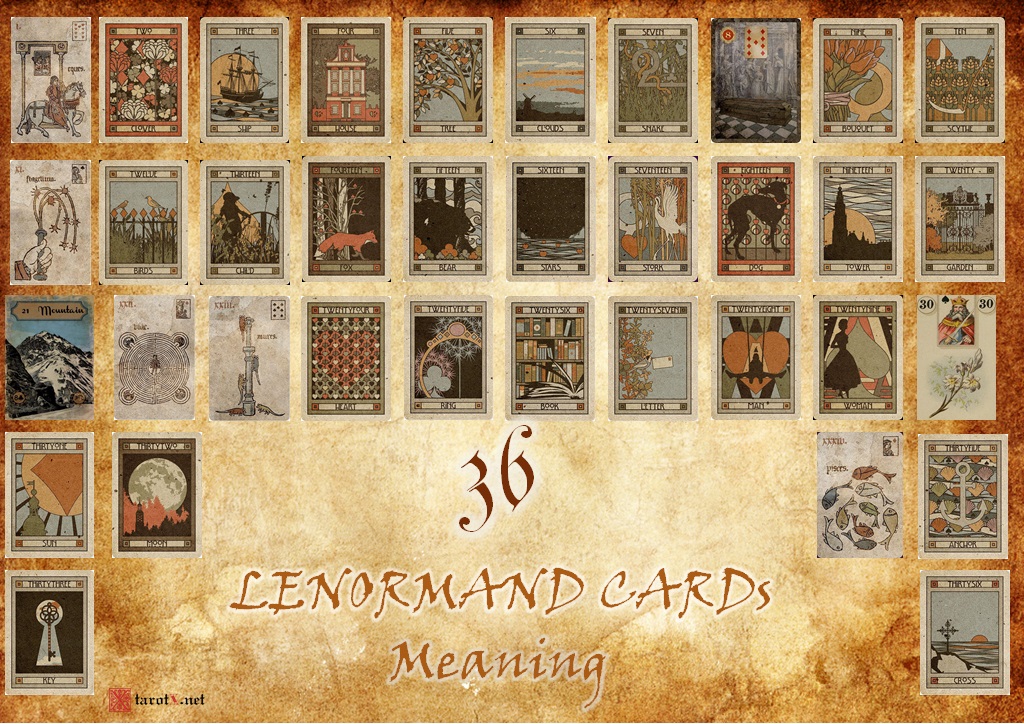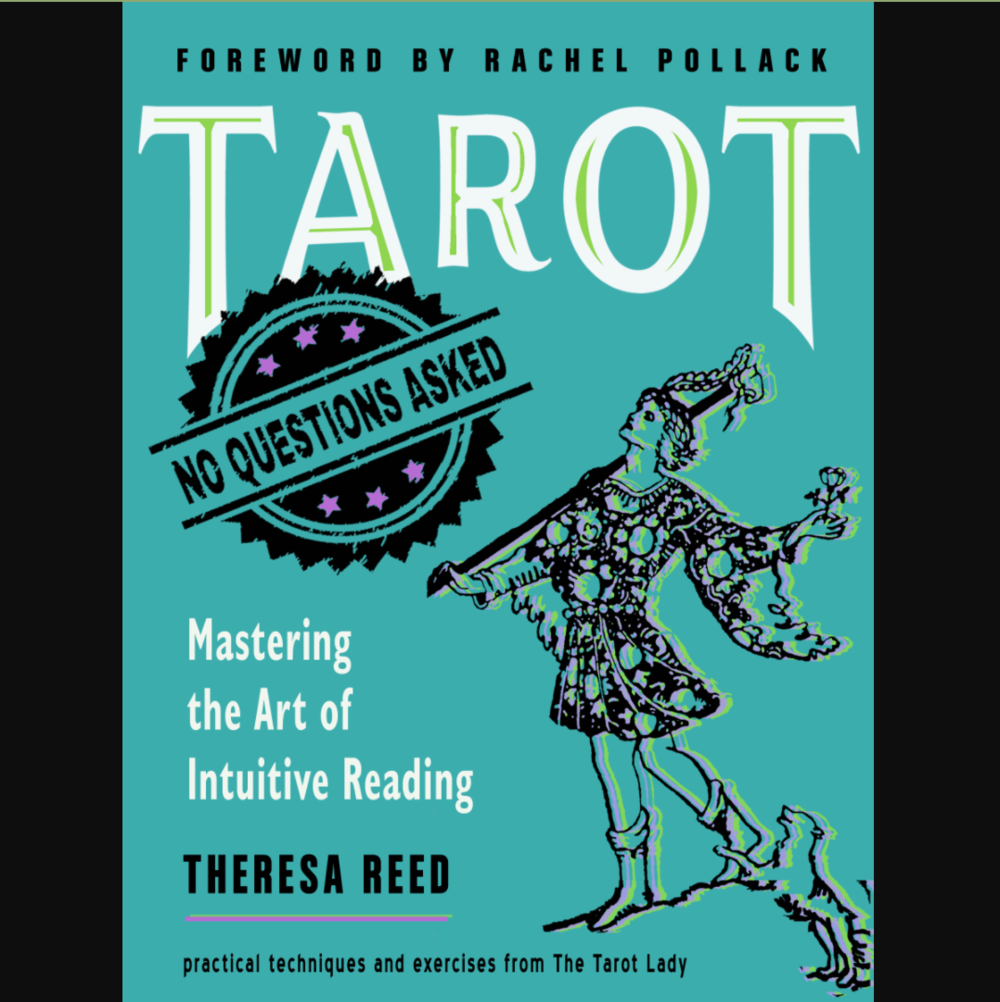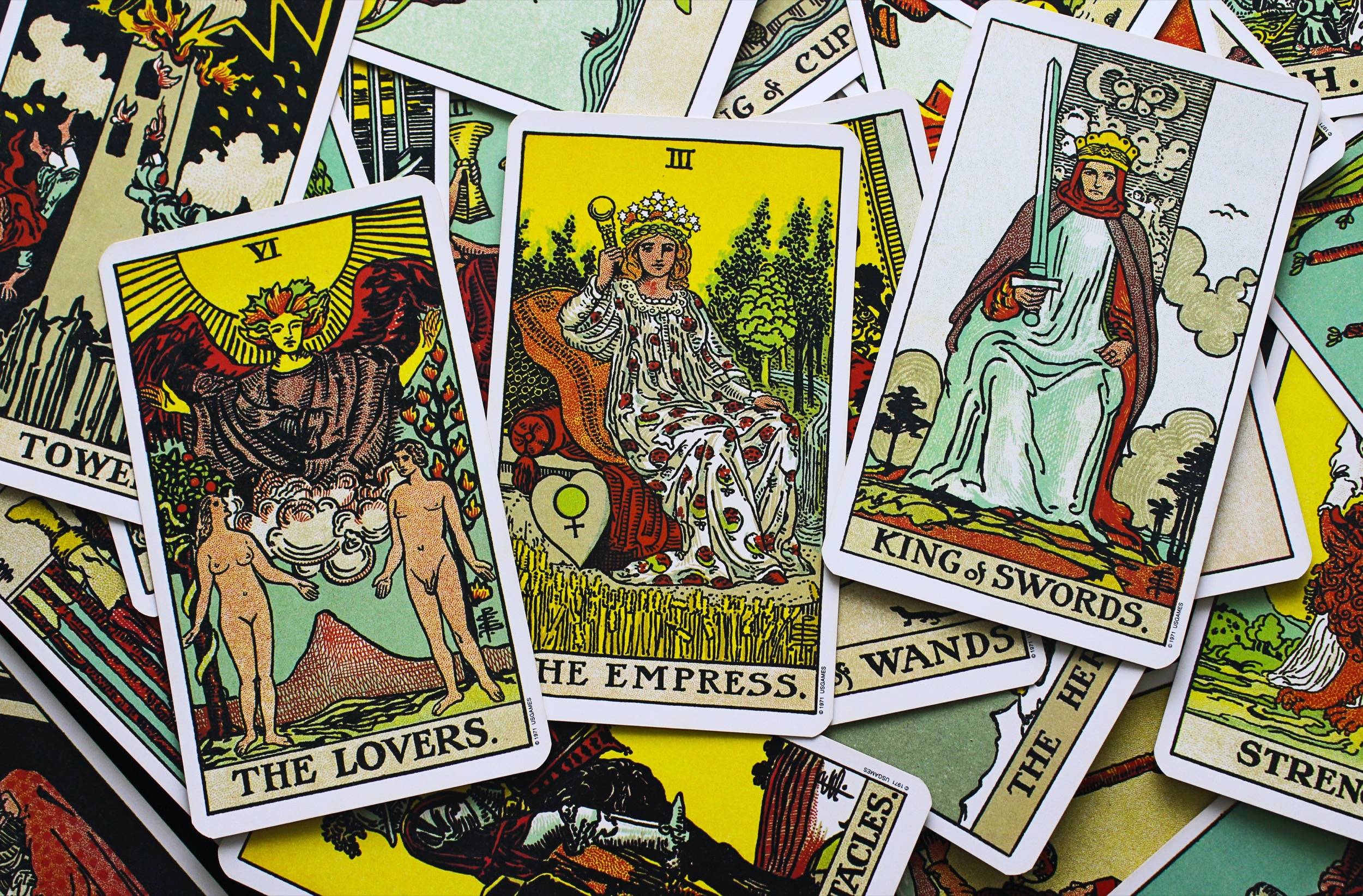
There are several things you need before you start reading tarot. Rose suggests closing your eye when you're shuffleing the cards, and asking for guidance through your spirit guides. You can also try meditating, which helps you tap into your intuition. It is possible to stop worrying, doubting and analysing by spending time connecting with your inner knowing.
Reading tarot cards with intuition
It can be very powerful to use intuition to read tarot decks. It is not an exact science and requires practice. There are a variety of ways to enhance your intuition and develop a heightened sense of self. Engaging in mindfulness practices will help you to feel more in tune and in tune with your experience.
Focus on the whole image when trying to understand a card. This will allow you to gain insight by combining the imagery of the card into a story. An intuitive tarot reader can see the big picture within a card. The Empress's traditional keywords include abundance, nurturing and feminine energies. It can also relate to pregnancy or the birth of a child.

Intuition is often quiet and subtle. You may feel a sensation or hear a voice inside your head. It could also be a physical sensation.
There are some things you should know about intuitive tarot cards readings
When performing intuitive Tarot readings, there are some things you should know. The first is to not attempt to read other people's cards. Because your intuition might differ from that of the tarot card reader.
The second rule of intuitive readings is to keep your mind open, and your heart open. You will be more confident when you have a clear head. You must practice to develop an intuitive reading. Meditation is a great way to practice and it can help you connect to your inner knowing.
Tarot cards are the next step towards learning how intuition works. Choose a card to start with and lay it face-down. Ask for assistance in understanding the meaning of each card. Don't try to guess the meaning yourself; instead, redirect your focus. It is possible to get an image, a flash of color, hear music, or feel a message through your body.

Origin of tarot-cards
Although it is not easy to identify the origins of intuitive cards for tarot, they have been used for centuries. It is widely believed that the cards were initially used for prediction and games. The use of tarot cards for mystical purposes developed in 1785, when French occultist Jean-Baptiste Alliette developed links between the illustrated cards and astrology and ancient Egyptian lore.
While the earliest tarot decks were likely based on Egyptian or Roman myths, there are many theories of their origin. Most people believe that the Mamluks invented the tarot, which was a tribe of people living in the eastern Mediterranean. But this theory does nothing to explain the 21 trumps. The Italian Renaissance saw the first surviving tarot card decks emerge. These decks gained popularity with aristocratic courtiers. Triunfi, or tarot decks, were popular in Italy during the 15th century. These cards had symbols of the Roman empire, such as triumphs, and were used in carnivals.
To interpret intuitive tarot decks, you can feel them. You may feel a heavy feeling in the chest. This could indicate that you are experiencing heartache or grief. Similarly, a heavy stomach may indicate an energetic state.
FAQ
What are observation hobbies exactly?
Observation hobbies are those activities that allow you to watch others do what they do. You might be interested in watching sports, reading, going on holidays, and so forth. You could also observe other people.
Observation hobbies can be very beneficial because they allow you to learn how creative thinking works. This knowledge can be used later to help you with projects that you are working on for others or yourself.
You'll find that if you're interested in something, then you'll have an easier time learning about it.
For instance, if football is something you are interested to know about, you can watch the game or read a book. Visit or take photographs to learn more about the art of photography.
You can play along with songs online or purchase a guitar if you love music.
If you love cooking, you can either cook your meals at home or order from a local restaurant.
You could also grow flowers or vegetables if you enjoy gardening.
If you are a fan of dancing, you can join a class or go out with your friends to learn.
You could also paint pictures if you are a fan of painting.
Writing poetry or stories is a passion if you are a writer.
If you like drawing, you could draw pictures.
If you are passionate about animals, you can look after them or work at the zoo.
If science interests you, you can study biology, chemistry or physics.
History lovers can watch films, read books or listen to podcasts.
If you enjoy travelling, you might consider exploring your local area or traveling abroad.
What are your top hobbies?
You can find the best hobbies that you love doing for yourself. You will find it easier to stay motivated if you love what your doing. You'll also have an excuse when you're not feeling well or tired!
Our hobbies include painting, crafts, photography and cooking.
Another option is to volunteer at a local charity shop.
Suppose you're looking for something more adventurous. You might consider scuba diving or skydiving.
There are many other ways to spend time outside. These include caving and cave tubing.
What are the chances of making money with my hobby?
You can make extra money by taking up hobbies.
If you are passionate enough about your hobby to decide to sell it,
For example, if you collect stamps, you may want to set up a website selling rare stamps.
You can also make extra income by selling and buying stamps.
Another option would be to create a YouTube channel where you talk about your hobby.
This allows you share your passion and generate revenue by creating premium content.
What is a good hobby for kids?
For kids, a hobby can be any activity that they are interested in doing as part of their everyday routine. Children might be drawn to, build, paint, create stories, play with toys or watch TV.
Many parents are concerned that their children may get into trouble if allowed to do as they please. This is not necessarily true. They won't get into trouble if your child is safe and does not cause harm to others or themselves.
It's important to remember that just because they like to do something doesn't mean that they'll always choose to do it. If they don't like writing but love drawing, they might choose to draw images instead.
There are lots of different types of hobbies out there, so it's really up to you to pick one that you enjoy most.
What kinds of hobbies are appropriate for introverts.
The ability to focus on just one thing is a hallmark of introverts. They enjoy solitude and prefer to read, write, play music, watch movies, etc.
They also love to spend quiet time by themselves. However, they do not enjoy socializing all day long. They can even become bored when they're surrounded by people.
Introverts may choose to do hobbies that are more alone-oriented. For example, they may enjoy reading books, listening to music, taking photographs, painting, writing poetry, etc.
Many introverts choose to live alone. This allows them to concentrate on their hobby and not be distracted.
Statistics
- The Role of the Mind in Sex, Dating, and Love: Men in the “humor” condition received phone numbers from 42.9% of the female participants and were refused 57.1% of the time. (time.com)
- Much of this decline reflects the fact that teens are less likely to work today than in the past; among employed teens, the amount of time spent working is not much different now than it was around 2005. (pewresearch.org)
- The intensity of the dialogue partners' bond at the end of the forty-five-minute vulnerability interaction was rated as closer than the closest relationship in the lives of 30 percent of similar students. (time.com)
- I am 100% biologically a woman (discover.hubpages.com)
- Almost 80% of people claim to have no hobby. (hobbylark.com)
External Links
How To
How to Find the Right Hobby for Me
You might be able tell if your hobby suits you by asking yourself questions.
-
Do I enjoy doing it?
-
Does it give me pleasure?
-
Is this something I'd like to do even as I age?
-
Are I good at it?
-
Do I have any ideas?
-
Would you recommend it to others?
-
It will bring me joy.
-
Can it help me to relax
-
What will it do for me?
-
What skills will I gain from it?
-
Is it possible to make new friends?
-
Is it possible to express my creativity with it?
-
Will it offer me opportunities to learn new things?
-
Can it give me assurance?
-
Do I feel accomplished?
-
It will it bring you financial success?
-
It will allow me to travel.
-
It will allow me to travel new places.
-
It will encourage me to exercise.
-
Will it encourage me to work harder and do I feel inspired?
-
Will it motivate me to succeed?
-
It will involve me in activities I would not normally consider?
-
Is it going to challenge me?
-
Will it be exciting?
-
Can it keep you fit?
-
Can it help you save money?
-
Will it reduce stress levels?
-
It will it stop boredom?
-
Do you think it will help me save time?